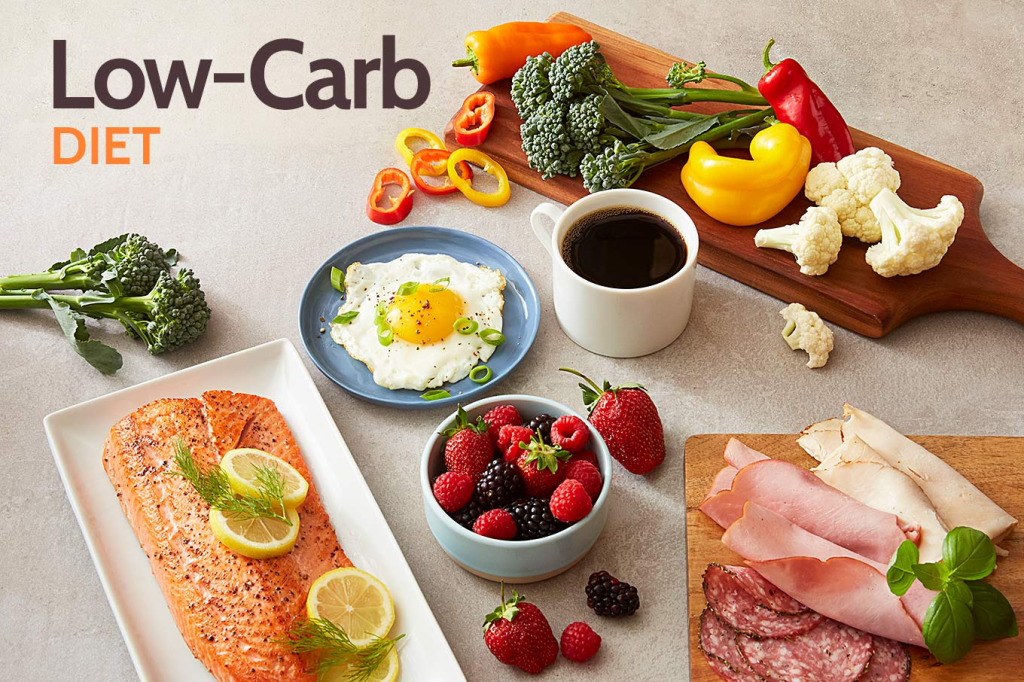Low carb and not losing weight ? Calories and Weight Loss
Why Your Deficit Isn’t Working
1. Adaptation. I’m not going to hammer this one hard as Paul has countless articles outlining what happens to your metabolism when your body is eating low calorie for a long period of time. If you’re eating 1500 calories a day, working out six days a week and not losing weight, you can safely assume that you aren’t burning the amount of calories you think you are.
Try dropping your calories by a smaller amount. Everyone associates 500 calories per day = one pound per week of weight loss. It’s not a magical number. If that worked long-term, you would just do that ad infinitum until you reached your goal weight.
Look at dropping just 300 calories because now you’re not sending panicked signals to your brain that you’re in an energy deficit and it’s time to start down-regulating to save calories. This tactic may be better for females, as it allows you to keep your reproductive health in order and maintain hormonal balance.
2. Training. While experts may debate the role of exercise in weight loss (meaning the majority of your calorie burn comes from your resting metabolic rate and your non-exercising activity), there is no debate that exercise is important for maintaining lean body mass, as well as keeping weight off once you’ve lost it. But how are you fueling that exercise?
Here’s what you need to look at: do you have enough energy to exercise? Recovery takes energy. Fueling your training leads to fat loss. If you are under-fueling, you are not burning as many calories as you could. Your body is saving energy to avoid starving. Refueling after exercise pushes more calorie burn longer post workout than simply powering through without food. If you are trying to lose weight, cut your calories at a different time of day – do not skip your pre and post workout meals/snacks.
3. Supplements. If you find yourself super tired because you aren’t sleeping well, struggling with having the energy to maintain positive relationships and fighting to keep up with work productivity, you won’t lose weight.
But rather than focus on improving those factors, many people will rely on energy drinks, caffeine and countless pre-work out supplements to drive energy high enough to at least exercise. But guess what really gives you energy? Food. An energy drink with zero calories is not an energy drink. It’s a stimulant that will drive up anxiety and stress hormone secretion. It will stall your weight loss. Caffeine is likely the most researched and widely accepted stimulant there is – if you need it, take it. But you also need macronutrients. Try a starchy carb, low fat and some protein before and after your workout.
Relying on stimulants to get you through your day will also keep you awake at night and contribute to your stress. Use food as your energy and you’ll sleep like a baby. You’ll also start losing some stubborn body fat.

Too many patients think they can’t lose weight without cutting their carbs
This is completely false. You can cut fat calories and lose weight. You can cut both carbs and fat. I don’t mention protein here because protein tends to help with weight loss more so than the others.
You could be on a 75% carbohydrate diet and still lose weight. Yes even if you have insulin resistance.
It comes down to energy balance. Total calories. Not carbs.
Some may feel they do better with low carb and that’s fine! But don’t spread misinformation to others who may want to follow a lower fat diet and lose weight.
Here are 9 reasons you might experience stalled weight loss. Which are your biggest problems?
Some of the most common questions I get involve weight loss! There is so much confusion when it comes to losing weight. But really, if that’s your goal, on the surface, the process should be quite simple. Unfortunately today we are saddled with stress, sleep debt, and a food supply that often seems intent on working against us.
I made this simple graphic to highlight some of the less obvious ways you may be holding on to extra lbs.
Perhaps the most effective way to lose weight is to *not* go on a diet but to shift your lifestyle toward healthier habits. Yes, cutting out starchy carbs and processed foods which drive your hunger is a great primary strategy. But lifestyle also plays a major role in how our hormones regulate our weight.
While any calorie deficit will lead to weight loss, lowering carbs is important because it allows your insulin to drop which allows for fat oxidation (layman’s term: fat burning). It also keeps your hunger more stable by allowing your blood sugar to stay consistent. And, it allows you to enjoy higher levels of growth hormone which helps to preserve your muscle.
Increasing your protein not only stimulates muscle protein synthesis but also provides a greater thermic effect which causes your metabolism to ramp up (this may provide low carb, higher protein diets with a slight “metabolic advantage” over lower protein moderate carb diets, but this is controversial).
And finally adding healthy fats to your diet is great for satiety and filling out your calories, but the calories in fat can still add up leading to a hypercaloric (more calories than you are burning though) state!
‘Like’ to let me know if this is helpful. And if you have any questions, post them below!



